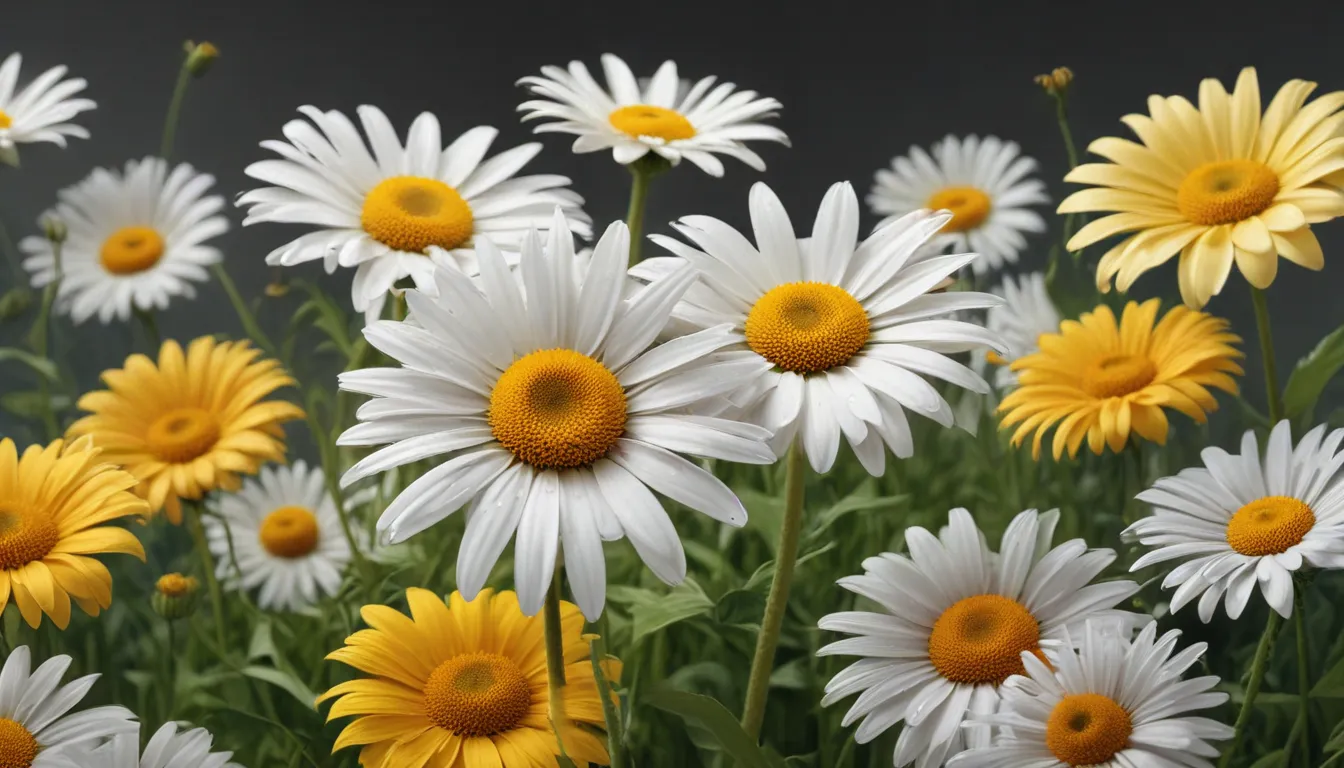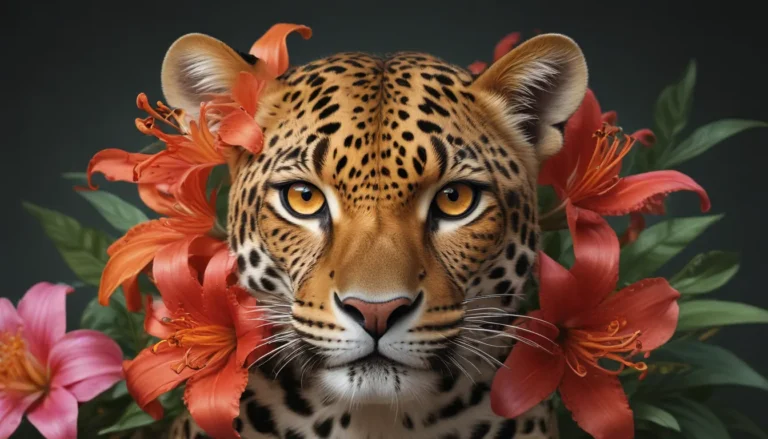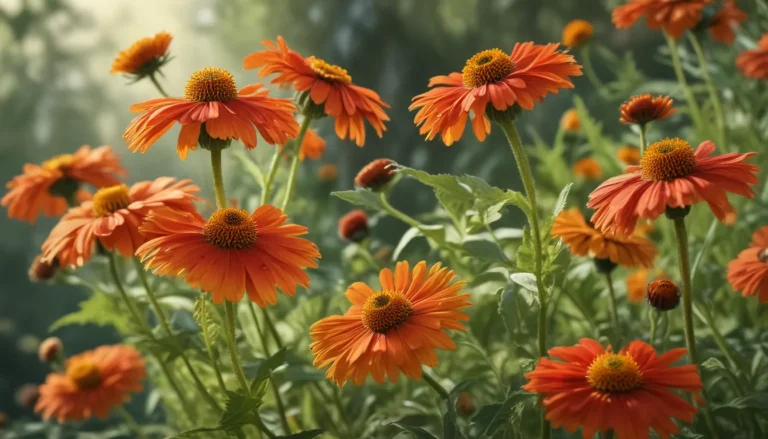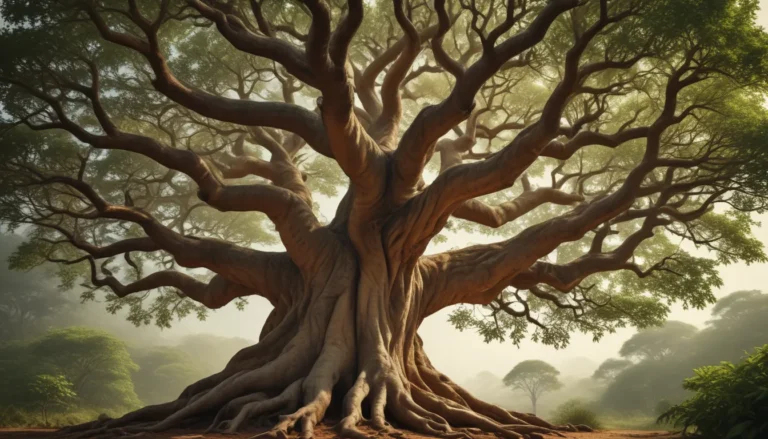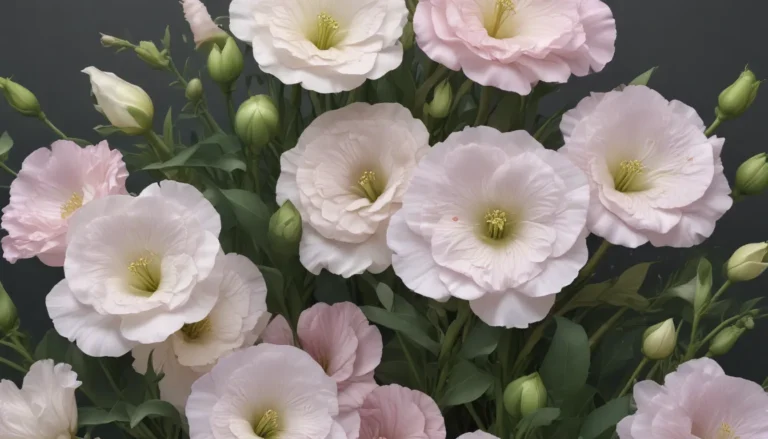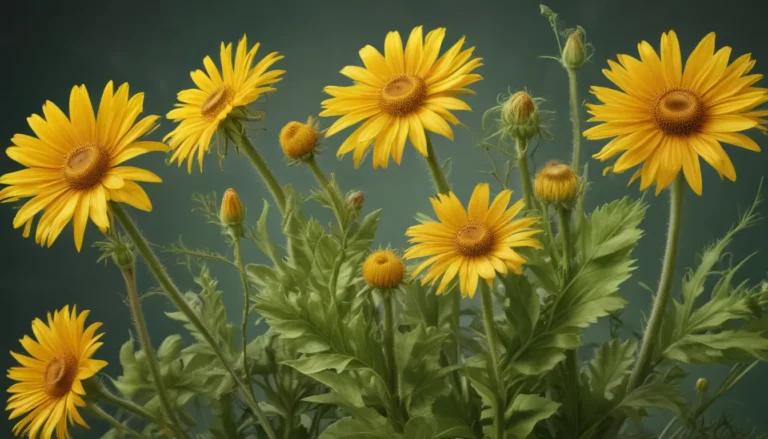The pictures we use in our articles might not show exactly what the words say. We choose these pictures to make you interested in reading more. The pictures work together with the words but don’t take their place. The words still tell you the important facts.
Daisies, with their cheerful and vibrant appearance, have been captivating hearts for centuries. These delicate blooms are not just ordinary flowers; they hold a wealth of fascinating and enigmatic facts that make them even more intriguing. From their historical significance to their unique characteristics, daisies have a rich and enchanting story to tell.
The Allure of Daisy Flowers
Daisy flowers are more than just pretty blooms - they symbolize purity, love, and cultural significance. These versatile plants are not only edible and medicinal but also attract bees with their abundant pollen and nectar. From Norse mythology to famous songs, daisies have a rich history and hold special meaning in various cultures. Easy to grow and packed with benefits, daisies are truly enigmatic!
Delving into the World of Daisies
-
Daisy as a Symbol of Purity and Innocence: With its delicate white petals and yellow center, the daisy has long been associated with purity and innocence, symbolizing new beginnings and youthfulness.
-
Daisy's Family Tree: Daisy belongs to the Asteraceae family, one of the largest plant families that includes sunflowers, dandelions, and chrysanthemums. This family is known for its composite flowers, which consist of multiple small flowers clustered together.
-
Medicinal Marvels of Daisy: Daisy has been used in traditional medicine for centuries due to its anti-inflammatory and antioxidant properties, which can help with skin conditions, digestive issues, and respiratory problems.
-
Edible Daisy: Surprisingly, daisies are edible. The petals of the daisy flower can be used in salads, desserts, and drinks, adding a unique touch with their subtle, slightly bitter taste.
-
Bee-Friendly Daisy: Bees are attracted to daisies for their abundant pollen and nectar, providing an essential food source for bees and contributing to the ecosystem.
-
Love and Loyalty: Daisy is often associated with love and loyalty, used in floral arrangements to express feelings of love and devotion. It is a popular choice for wedding bouquets, symbolizing purity and faithfulness.
-
Cultural Significance: Daisies hold cultural significance worldwide, symbolizing love and beauty in Norse mythology and representing the birth flower for April and the zodiac sign Virgo.
-
Easy to Cultivate: Daisies are relatively easy to grow, thriving in well-drained soil and moderate sunlight. With proper care, you can enjoy a colorful display of daisies in your garden or pot.
-
National Flower of Lithuania: In Lithuania, the daisy is the national flower, symbolizing the country's natural beauty and resilience, featured in folk songs, art, and literature.
-
Inspiring Art and Music: The beauty of daisies has inspired artists throughout history, including the famous song "Daisy Bell," written by Harry Dacre in 1892.
Exploring the Enigma of Daisies
Daisies are truly fascinating flowers, captivating our senses with their delicate beauty and enchanting fragrance. From their rich symbolism to their wide array of uses in different cultures, daisies continue to intrigue and amaze us. Whether you are a gardening enthusiast, a lover of floral arrangements, or simply appreciate the natural world, exploring the enigmatic facts about daisies can deepen your appreciation for these charming blooms.
Frequently Asked Questions
-
What is the meaning behind the name "daisy"?
The name "daisy" comes from the Old English word "dægeseage," which means "day's eye," reflecting the flower's habit of closing at night and opening with the sunrise. -
Are all daisies white with yellow centers?
No, daisies come in over 20,000 different species with a wide range of colors, including pink, purple, red, and blue. -
Can daisies be grown indoors?
Yes, daisies can be grown indoors as long as they receive sufficient sunlight and the right growing conditions. -
Do daisies have medicinal properties?
Yes, daisies are known for their anti-inflammatory, antiviral, and wound-healing properties in traditional medicine. -
Are daisies a popular flower for weddings?
Yes, daisies are a popular choice for weddings due to their classic beauty and versatility. -
How long do daisies typically bloom for?
Daisies bloom from spring to early fall, providing a vibrant display of colors for several months. -
Can daisies be grown from seeds?
Yes, daisies can be easily grown from seeds, making them a great choice for beginner gardeners. -
Do daisies attract bees and butterflies?
Yes, daisies attract bees and butterflies with their vibrant colors and sweet fragrance, acting as a magnet for pollinators. -
Are daisies considered a symbol of innocence?
Yes, daisies are often associated with innocence and purity.
Unveil the enchanting world of daisies and discover the hidden secrets that make these flowers truly captivating. Embrace the wonder of daisies and deepen your appreciation for their charm and beauty as you explore their fascinating stories.
